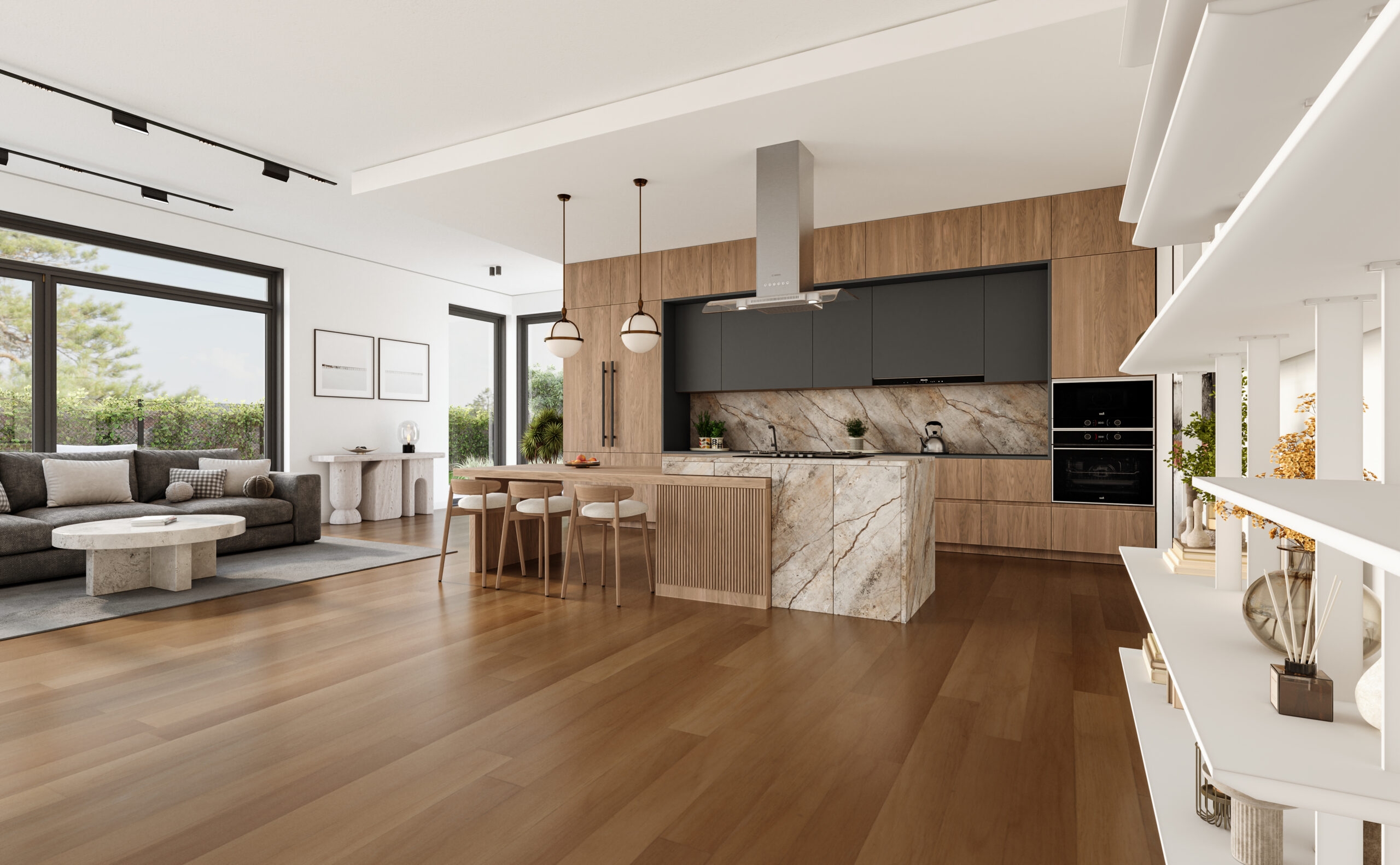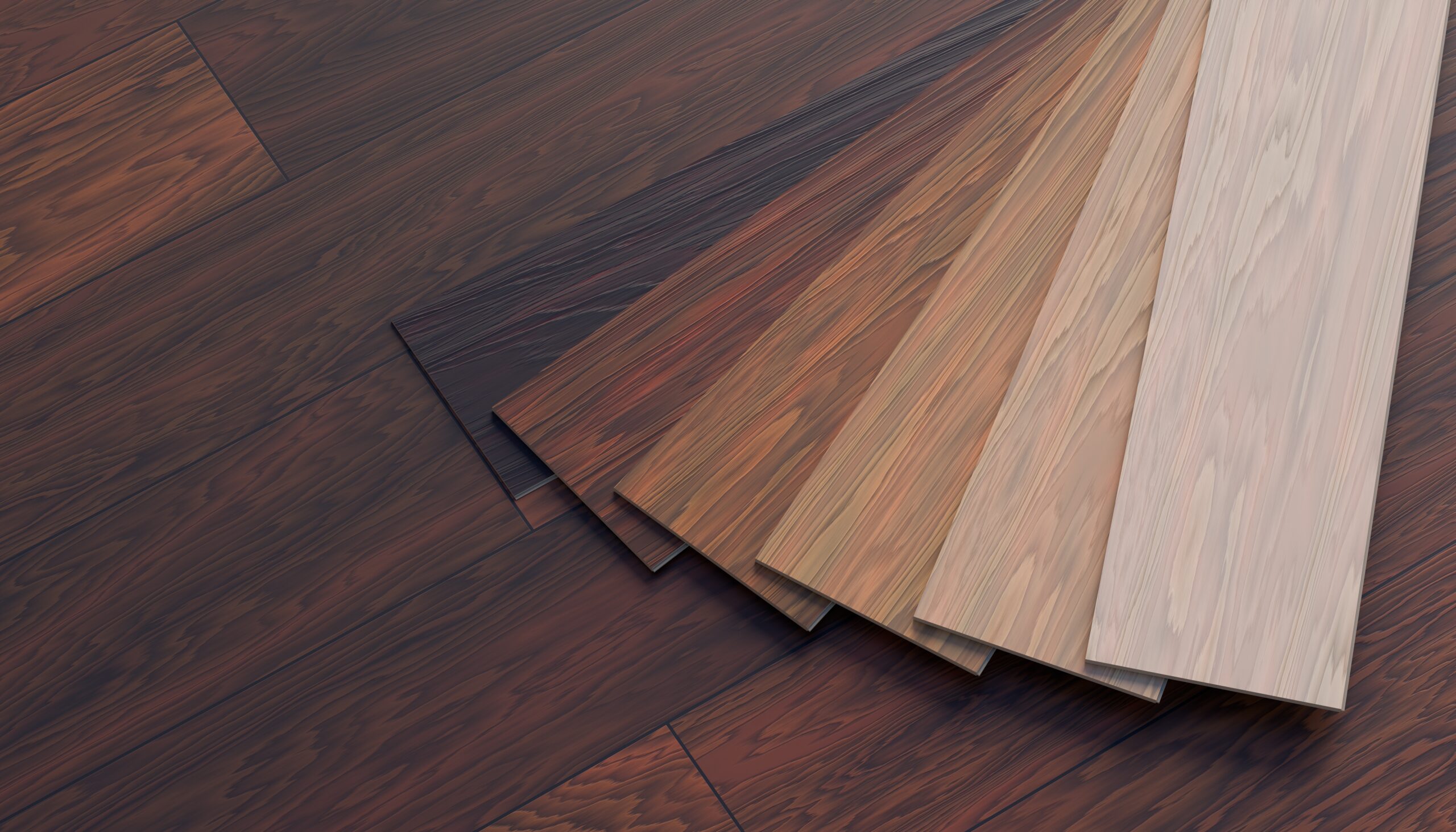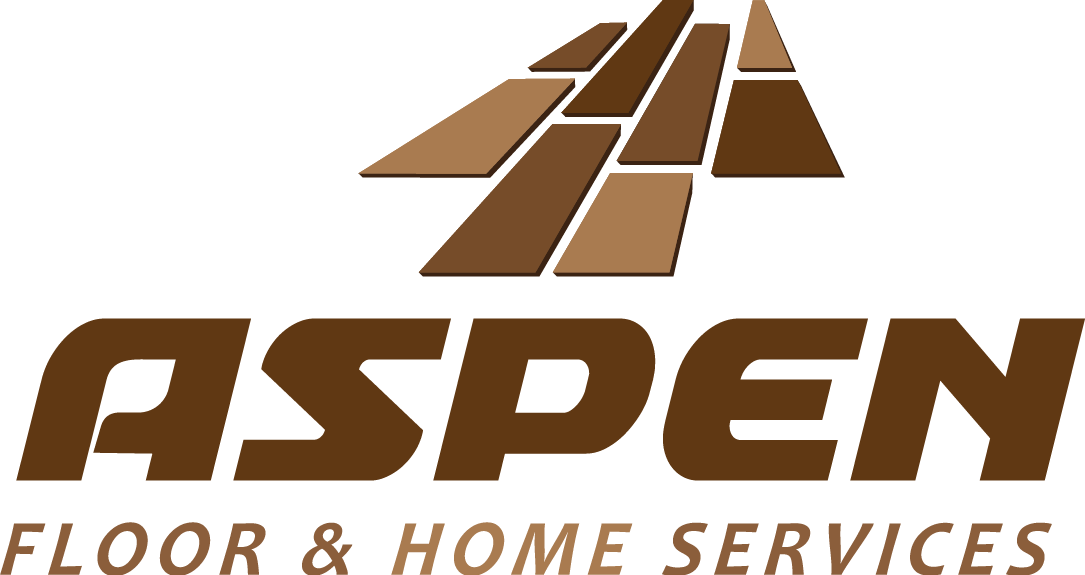Finding the right hardwood flooring contractor in Denver’s competitive market can make all the difference in achieving the perfect floor installation for your home.

Here in the Mile High City, where temperature and humidity fluctuations are common, proper installation is crucial for long-lasting results.
Let’s explore expert tips from local professionals to ensure your hardwood flooring project succeeds.
Benefits of Prefinished vs. Site-Finished Hardwood Flooring in Denver
Living in Denver’s unique climate means making smart choices about your flooring materials.
Comparing Your Options
| Feature | Prefinished | Site-Finished | Best For |
|---|---|---|---|
| Durability | Factory-sealed finish | Custom application | Both excellent |
| Installation Time | Quick install | Longer process | Depends on timeline |
| Customization | Limited options | Unlimited choices | Based on preference |
Prefinished hardwood flooring arrives ready to install, with a factory-applied finish that’s cured and hardened.
This option works particularly well for Denver’s busy homeowners in areas like Cherry Hills and Greenwood Village, where time is at a premium.
Climate Considerations for Denver Homes
The Denver metro area’s unique climate presents specific challenges for hardwood flooring:
- Low humidity levels
- Dramatic temperature changes
- High altitude effects
- Seasonal variations
- Sun exposure
Installation Methods for Denver Homes
Comparing Installation Approaches
| Method | Subfloor Required | Cost Range | Installation Time |
|---|---|---|---|
| Nail-down | Wood | $$$ | 3-5 days |
| Glue-down | Concrete | $$$$ | 4-7 days |
| Floating | Any solid surface | $$ | 2-4 days |
Each installation method offers unique advantages:
Nail-down installation is ideal for traditional homes in Highlands Ranch, providing excellent stability in varying temperatures. It is especially well-suited for solid hardwood planks.
Glue-down method works well in modern homes in LoDo, offering superior sound dampening and an excellent moisture barrier.
Floating installation is popular in Westminster developments. It allows for easy repairs when needed and is a cost-effective solution.
Proper Subfloor Preparation Steps
Essential Preparation Checklist
| Step | Time Required | Tools Needed |
|---|---|---|
| Inspection | 1-2 hours | Moisture meter |
| Leveling | 4-8 hours | Level, compounds |
| Cleaning | 2-3 hours | Vacuum, trowel |
The success of your hardwood floor installation depends heavily on proper preparation:
A thorough inspection is essential. Check the moisture content, identify any structural issues, and document any problem areas.
Surface preparation involves removing old flooring, cleaning thoroughly, and addressing squeaks or loose boards.
Moisture testing should be done in multiple locations, with readings documented to account for seasonal changes.
Professional Installation Process
When working with experienced contractors in Denver, you can expect the following steps:
The initial assessment includes a home evaluation, moisture testing, and material recommendations tailored to your space.
During the preparation phase, materials are delivered, an acclimation period is observed, and the site is prepared for installation.
The installation process involves applying a moisture barrier, precise cutting and fitting of materials, and a professional finishing to complete the look.
Common Installation Challenges in Denver
Be aware of these regional challenges:
Altitude considerations may require different drying times, modified installation techniques, and special humidity controls.
Temperature fluctuations call for strategic expansion gaps, the use of moisture barriers, and adjustments to accommodate seasonal changes.
Sun exposure necessitates UV protection, fade prevention strategies, and careful placement of flooring to minimize direct sunlight impact.
Material Selection Tips
Consider these factors when choosing your hardwood:
For species selection, consider durability requirements, color preferences, and budget constraints.
When selecting finish options, assess UV protection levels, wear resistance, and maintenance needs.
Environmental factors, including local humidity levels, sun exposure, and traffic patterns, should also guide your choice.

Why We Think This Is Important
Your home deserves the best possible care and attention to detail.
Working with a qualified hardwood flooring contractor ensures your investment maintains its beauty and value for years to come.
In Denver’s unique climate, professional installation makes all the difference between a floor that lasts generations and one that needs frequent repairs.
FAQs
What are the benefits of choosing prefinished hardwood flooring over site-finished in Denver?
Prefinished hardwood offers immediate use after installation, factory-controlled finish quality, and better resistance to Denver’s dry climate. The consistent finish application and shorter installation time make it ideal for busy homeowners in the metro area.
How do I decide the best installation method for hardwood flooring in my Denver home?
Consider your subfloor type, local climate conditions, and budget. Nail-down installation works best with wood subfloors, while glue-down methods excel on concrete. Floating floors offer versatility and easier installation for many Denver homes.
What steps are involved in preparing and leveling the subfloor for hardwood installation in Denver?
Start with moisture testing specific to Denver’s climate. Remove old flooring and debris, repair any damaged areas, and ensure proper leveling. Consider installing a moisture barrier appropriate for our altitude and seasonal changes.
What are the common mistakes to avoid when installing hardwood flooring in Denver?
Skipping proper acclimation time is crucial in Denver’s climate. Avoid inadequate subfloor preparation, improper moisture barrier installation, and failing to account for expansion gaps. Always work with experienced local contractors familiar with our unique environment.
How can I find a reliable hardwood flooring contractor in Denver?
Look for contractors with extensive local experience, proper insurance, and strong references. Check reviews on platforms like Google and Yelp, verify BBB ratings, and ensure they understand Denver’s specific climate challenges for hardwood installation.

